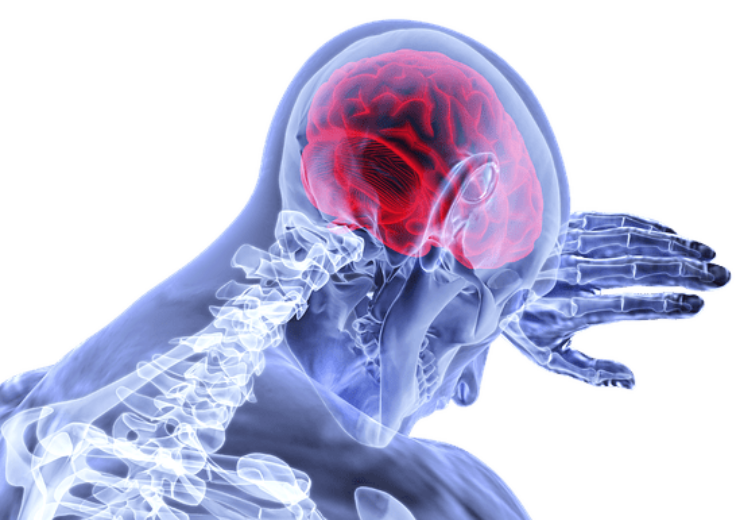ISS National Laboratory will provide a microgravity environment where researchers can study its effects on functioning of human brain cells

ISS-NL will provide a microgravity environment for the study. (Credit: VSRao from Pixabay.)
Emulate announced that its Brain-Chip has been sent to the International Space Station U.S. National Laboratory ( (ISS National Lab) to study the impact of microgravity on human brain physiology.
The study is part of the Tissue-Chips in Space programme, sponsored by the NIH’s National Centre for Advancing Translational Sciences (NCATS), and ISS National Lab (ISS-NL).
In the study, ISS will provide a microgravity environment where researchers can study its effects on functioning of brain cells, and differentiate effects of gravity from other factors.
SpaceTango, the implementation partner of Emulate, has agreed with NASA to manufacture and deploy payloads to the space station for microgravity research and development.
The company has led the development of the instrumentation and is responsible for overseeing the logistics of sending the Brain-Chip to the ISS.
Emulate chief technology officer Daniel Levner said: “By comparing the human Brain-Chip response to an inflammatory stimulus under reduced gravity conditions versus its response back on Earth, we will be able to investigate differences in cytokine production, BBB permeability, and morphology.
“Previous studies, such as NASA’s Functional Immune study, have shown changes in endothelial cell morphology in 2D cultures in space as well as many changes in astronaut immune function during spaceflight.
“Understanding how the immune system interacts with organ biology in microgravity will be important for future research, and we are honored to be a part of this project.”
Emulate has developed Brain-Chip as a complete in-vitro model of the human neurovascular unit, including the blood-brain barrier (BBB), for preclinical research.
The model comprises five cell types in a dynamic and tuneable microenvironment that provide an in-vivo-like gene expression and phenotypic response.
Designed to be about the size of a USB thumb drive, the Brain-Chip contains two fluidic channels parted by a porous membrane.
The vascular channel feature brain microvascular endothelial cells, while the brain channel contains cortical neurons, astrocytes, pericytes, and microglia.
It enables researchers to study BBB function, ability of drugs to cross the BBB, and cell-cell interactions in brain physiology, disease, and drug response, said Emulate.
The company would place all the 12 chips in a shoebox-sized instrumentation, which was specifically designed for carrying it in a spaceflight.
The instrumentation is said to provide automated environmental control, perfusion, fluid sampling, dosing, and fixation as part of the experiment.
